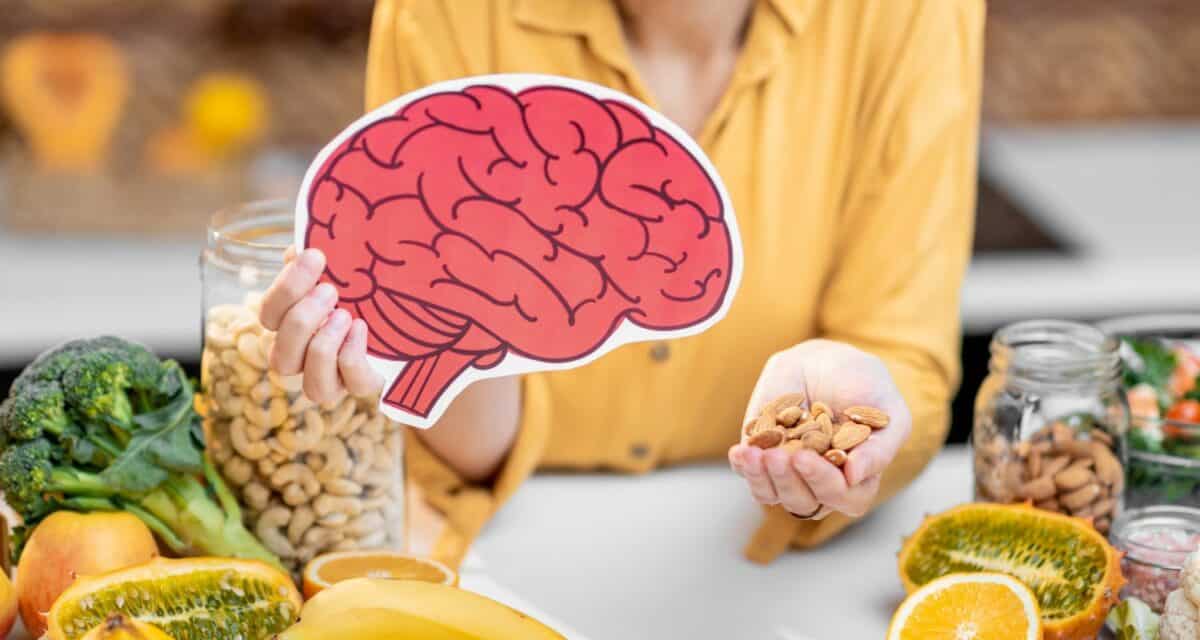How much do you know about the health of your brain? Your brain ages slowly over time, just like every other body part. But there are a few things that can speed up the aging of your brain, while other things may keep your brain active and healthy. Here are a few of the most important things that cause the brain to age.
Your Brain and Exercise
Physical health is important, but did you know that exercise is also essential for your mental health? Keeping your body active can also help keep your brain healthy. A recent study found that older people benefit more than one way from exercising three times a week. Compared to older adults who didn’t exercise, those who worked out regularly had a 32% lower chance of getting dementia. Your brain benefits from even light exercise.
The research shows that physical activity can help older people in many ways, like improving their memory, attention, speed of processing, and even cognitive function. Regular exercise is one way to slow down the aging process in the brain.
What You Eat and Your Brain
So, working out is essential. But what are you eating? What you eat can change how healthy your gut is, how much energy you have, and even how your brain works. The Dietary Approaches to Stop Hypertension (DASH) and the Mediterranean diet have been looked at in great detail.
Both diets stress eating a balanced diet that includes vegetables, fruits, nuts, and legumes. Both diets also cut back on sugars, processed foods, and red meat.
Both the DASH diet and the Mediterranean diet have been linked to better brain function and slower aging of the brain. If you stick to one of these healthy diets, you’re also less likely to get dementia as you age. So, the next time you open your fridge, think about how your eating affects your brain as you age.
Your Brain and Sleep
Ok, so we all know we need to sleep. Even just one stormy night of sleep makes us feel tired and sluggish. Every part of our bodies, including our brains, needs sleep to work well. Sleep problems like insomnia and sleep apnea are more common in older adults. Lack of sleep hurts the brain. Not getting enough sleep can raise the amount of beta-amyloid in the brain, which makes Alzheimer’s disease more likely.
Sleep also helps people remember things. During sleep, your brain stores memories from the day in your long-term memory so you can access them later. Make sure you get enough sleep to feel good every day, and your brain stays healthy. If you don’t get enough sleep often, it can hurt your memory. If you haven’t been sleeping well, you might want to see a sleep specialist.
How You Hear and Your Brain
Hearing loss is also linked to how well the brain works. Losing your hearing affects more than just your ears. It also affects the parts of your brain that deal with hearing and the frontal lobes, which are in charge of analyzing what you hear and making sense of conversations. One in three adults over 65 has trouble hearing. At first, hearing loss might not seem like a big deal, but if you don’t get it fixed, it can significantly affect your brain. It is linked to brain shrinkage and a quick loss of brain function. Hearing loss also makes the chance of getting dementia much higher.
This is how:
- You are twice as likely to get dementia if you have mild hearing loss.
- If you have moderate hearing loss, you are three times more likely to get dementia.
- If you have severe hearing loss, your chances of getting dementia to go up by five times.
This means that taking care of hearing loss is very important for the health of your brain. Hearing aids make it easier to hear and make it less likely that your mind will get worse. With a hearing aid, you don’t have to spend all your energy trying to hear. Instead, you can pay attention to other things. You’ll be able to understand what people are saying, have fun with other people, and give your brain the right kind of exercise.
Schedule a hearing test.
Don’t let your hearing loss mess with your mind! Use hearing aids that fit your lifestyle and hearing needs to keep your brain young and active. See us today to find out what kinds of hearing aids you can get. We work with the best hearing aid makers in the world, so you’ll have a lot of options.


